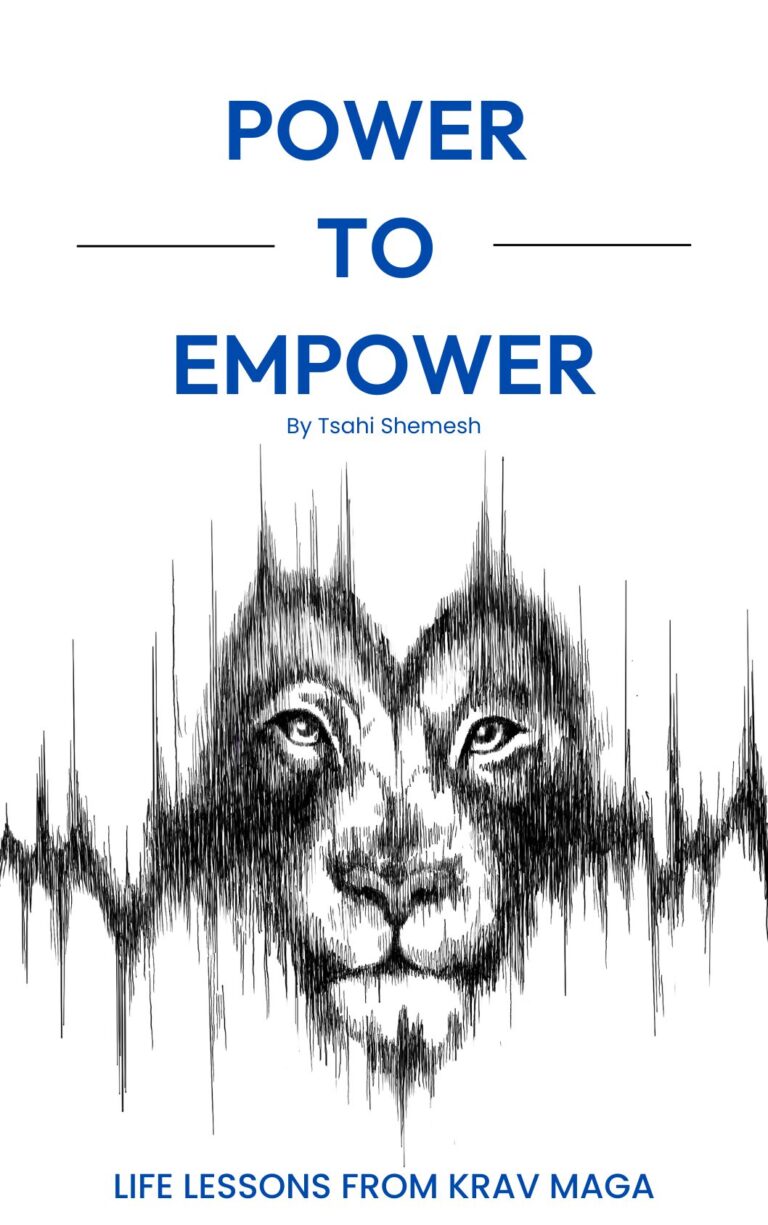Does Fear Help or Hurt you?
Fear is a natural reaction to a real threat or how we perceive danger. It is triggered by adrenaline followed by more blood pumping into our arms and legs to run faster and away from danger. Less blood circulates in the stomach area which is why we feel light in our stomachs when we experience intense fear. The adrenaline quickly rises if we see ourselves involved in a dangerous situation threatening our lives. You can be quietly sitting down on a park bench reading a book on a beautiful Sunday afternoon when suddenly you hear gunshots. Immediately you look around to see where the gunshots are coming from; you’re now on high alert, your adrenaline rises dramatically in seconds as you locate the gunman. Fearing for your life you start running away from danger; your senses become sharper as you quickly assess the area looking for the safest place to be and away from the gunman. If you’re trained in the military or law enforcement, you may have a better idea where to go, what to do and perhaps even try to save other people’s lives, but your adrenaline is pumping, and the fear is still there, only is more controlled than the average person.
There are many ways fear attacks us. It’s not always a crazed gunman shooting people at a mall or park; it’s not always being a passenger on a flight experiencing rough turbulence as you begin to imagine the worse. Fear could be simply economic as not being able to pay your bills on time and then thinking about the consequences this can have in your life especially if you have a family with children. Fear can be studying for a very difficult exam in college and not sure of being able to pass it, or it can be the fear of sparring with others in a Krav Maga level test. It’s always the fear of the unknown which unnerves us, but it’s also the mechanism that can save our lives because it makes us react.
When you train in any martial arts or an intense self-defense discipline like Krav Maga, you are trained to react quickly to any threat that endangers your life or the lives of others. At that moment that you’re reacting your adrenaline rises as you focus on the threat and the way to neutralize it as quickly as possible. Without being able to react you could not survive any threat, but before you can react, you must first experience fear at some level or another. You don’t always have to run away or even fight as it could be a false alarm. An example from NYC life, you’re sitting in a subway car, and suddenly someone starts yelling and acting irrationally. Your immediate reaction would be to look and assess the situation for any danger. Your adrenaline begins to pump; you start wondering if this person is truly dangerous and you become very alert. You wonder if you will need to defend yourself from any aggression and what will you do when that moment comes. The subway train stops at the following station and the irrational person exits the train as the doors closed and again the train continues its path. Immediately you’re relieved because nothing happened, at least not inside the subway train. Even though you were not in any danger, at first you had no way of knowing, but your alert system reacted naturally to be aware of potential danger. This natural alert system is fear.
Everything in nature has an opposite reaction, and the antidote to fear is confidence. The only way to control fear is by having a strong sense of self-confidence and the only way to acquire this sense of confidence is by continuous training. When you train in Krav Maga for example, you dramatically raise your level of self-confidence and even though you see the same danger others may see, your reaction will be a much more controlled one focusing only on stopping the threat rather than just running away and panicking. The fear is still there because it’s a natural physiological reaction to danger, but it’s more controlled so that it doesn’t overcome our ability to think clearly under a lot of pressure. When we cannot focus or think clearly is when fear hurts us and makes matters worse.
The importance of learning a self-defense technique like Krav Maga is not just in learning to fight; it’s also a way of building your self-confidence so that you can better react to fear and not let fear control you. This will spill over other areas of your life as you react to the many challenges you face every day. Rather than run away scared you face the challenge whatever it may be: money issues, divorce, a sick family member, getting laid off from work; etc. Fear will never go away, but through dedicated and continuous training you make fear your friend rather than your own worst enemy.

